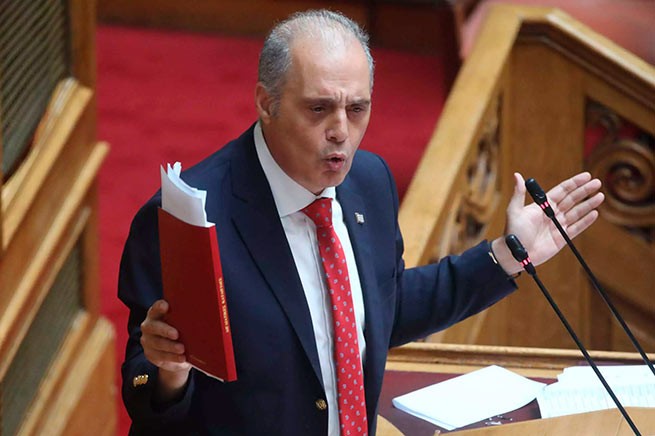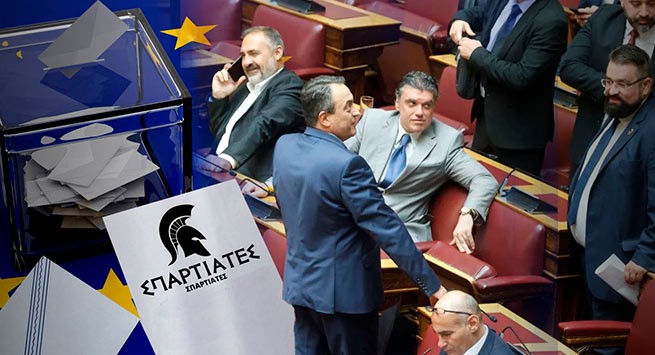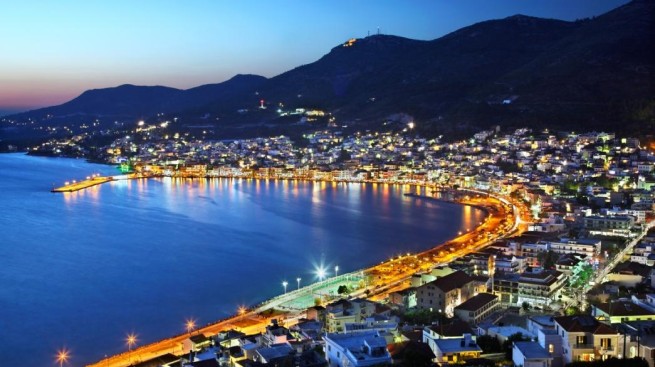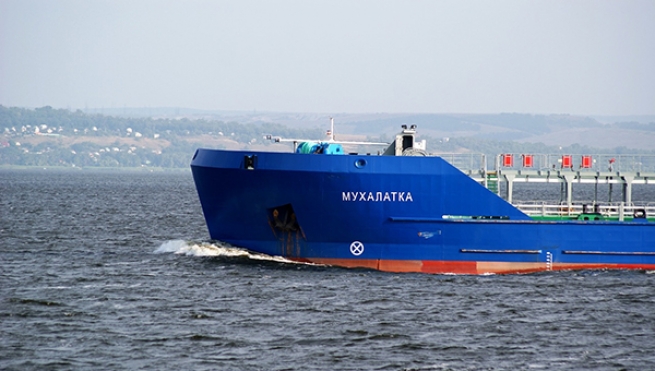Implementation of price caps on Russian oil by the G7-EU that began yesterday is likely to end in failure, strengthening Russia and its economy against the West.
Moscow has been preparing for this and quietly purchased hundreds of tankers from the market in order to continue sales to the two huge economies of China and India without hindrance. This is the so-called “dark tanker fleet”.
Now Germany is trying to persuade India to side with the West against Russian oil, but India’s interests lie in the East.
In addition, the Indians hate the Anglo-Saxons and everyone who speaks English (except themselves, of course, although they have already begun to return to their native language), while not forgetting that it was the Russians who supported them all these years and owe them even victories in all Indo-Pakistani wars (the Indians have never lost in four major conflicts).
On Monday, December 5, price caps on Russian oil and the EU oil embargo came into force.
It was signed only by the G7 countries, which started all this, and the European Union. The coalition, although economically and politically very powerful, is rather limited in terms of population. The collective West failed to force the main buyers of Russian oil, China and India, to join it.
However, Germany does not seem to lose hope. At the very least, German Foreign Minister Annalena Burbock told The Hindu on the eve of her visit to New Delhi that Germany expects India to support a price cap on Russian oil supplies.
It is not clear yet what she is counting on, because so far the current German authorities show that they are politically completely dependent on Washington. “It is not certain that Germany will try to promote this idea. First, Germany is not a player who can force India to change position. He does not have enough weight in the international arena. India could only listen to the US,” said Igor Yushkov, a leading expert at the National Energy Security Fund and an expert at the Moscow University of Economics.
Washington has previously offered India to join this anti-Russian oil coalition, but Delhi has ignored these calls.
Secondly, it is unprofitable for Germany, as well as for other European countries, to force India to join the price ceiling for Russian oil. “If India refuses to buy Russian oil at market prices, then Russia will fulfill its threats and stop sending oil to the Indians.
At the same time, India has become the largest buyer of Russian oil supplied by sea. Such volumes, which India now receives from Russia, no one else in the market can absorb. At the very least, it will take months, if not years, to distribute these volumes to smaller consumers. This guarantees a sharp decline in oil production and exports from Russia and a huge increase in prices for all the rest of the world’s oil,” says Yushkov.
Thus, in October Russia became the largest supplier of oil to India, ahead of Saudi Arabia and Iraq, which traditionally dominate the Indian market (Vortexa data). We are talking about deliveries of almost 1 million barrels per day.
If Russia is forced to refuse deliveries of this volume to India and reduce exports by this million, then the Europeans will have to compete with the Indians for the oil left on the market from Iraq itself, Saudi Arabia and other countries. That is, from an economic point of view, it is unprofitable for the Germans to force India to join the G7-EU coalition with a price ceiling.
“More likely, Germany will talk with the Indians about increasing the supply of diesel fuel and other petroleum products from India, which are produced from Russian oil. Because Germany is in a difficult position.
Germany and Poland want to ban the purchase of Russian oil through the Druzhba pipeline throughout the country in 2023. However, the same Poland has already submitted an application to Russia for the purchase of oil through this gas pipeline for 2023 in the amount of 1 million barrels. Since pipeline oil is not subject to an embargo and has no price restrictions.
However, the capacity of the German port of Rostock and the pipeline to German refineries is not enough to fully load the German factories. Germany will have to close part of the facilities in the port of Gdansk in order to transport non-Russian oil via Druzhba to its plants.
It is expensive, and most importantly, it creates dependence on Poland, which periodically kicks the Germans hard, for example, demands reparations for the Second World War, ”explains the FNEB expert. Therefore, we can discuss with the Germans an increase in the supply of finished petroleum products from India.
As for Russia, the top officials of the state have repeatedly stated that they will not sell oil at non-market prices, that is, below the price ceiling, under any circumstances. Moscow’s position remained unchanged. “We believe that this instrument is non-market, inefficient, grossly interferes with market instruments and contradicts all the rules, the same WTO, for example,” said Russian Deputy Prime Minister Alexander Novak. According to him, the introduction of such a tool can only lead to market destabilization, lack of energy resources, lower investment, and in the future, the mechanism may affect other goods or countries.
Russia promises retribution.
Most likely, we are talking about a symbolic ban on the supply of oil and oil products to the G7 countries and Europe, Yushkov said. In this case, according to him, only Japan will actually suffer, which made an exception and allowed to buy Russian oil at a market price from Sakhalin fields.
The rest of the countries either did not buy Russian oil and oil products, like Canada, or bought in small quantities, like Australia, or refused to buy themselves, like the US and the EU.
Russia wasted no time and was actively preparing to bring its oil to new markets. If the ban on insurance of such shipments is solved at the expense of their own insurance companies, the risks of which are covered by state guarantees, then the problem of having tankers for the transportation of Russian oil beyond the price ceiling set by the West is solved by the purchase of ships by the West.
Russia quietly formed a “shadow fleet” of more than 100 tankersto bypass price restrictions. Basically, Russian purchases of tankers can be tracked by a significant increase in unnamed or new buyers appearing on the registries. These vessels are typically 12-15 years old and are expected to be decommissioned in the next few years, explains Anup Singh, head of tanker research at ship broker Braemar. “These are buyers with whom we, as longtime brokers, are not familiar. We are confident that most of these vessels are destined for Russia,” writes the FT. At the same time, according to Rystad, Russia needs more than 240 tankers to maintain current exports. However, Russia has not yet completed purchases and will continue to build its “shadow” fleet.
According to Braemar’s analysis, Russian operators could purchase 29 very large crude oil carriers (VLCCs), each capable of carrying more than 2 million barrels, plus 31 Suezmax class tankers with a capacity of about 1 million barrels; 49 Aframax class tankers with a capacity of 700,000 tons of barrels.
At the same time, Russia probably has not yet completed the purchase of tankers. This information is unofficial and it is difficult to analyze how many tankers Russia already has and how many still need to be bought.
“I think Russia really bought such ships, including ice-class ships.
It is likely that Russia also plans to use the Northern Sea Route in the summer as a shorter way to deliver oil and petroleum products to consumers. The shorter the distance, the fewer tankers are needed to transport the same volume of oil,” the expert says.
But in the winter, Russia will most likely have to export oil to Asia mainly from Novorossiysk via the Suez Canal. In the first few weeks, a drop in oil exports from Russia should be expected, but from month to month, export volumes will recover.







More Stories
Deputy Shoigu, detained in the Russian Federation, faces 15 years (video)
Latvia will not teach Russian in schools
The longest hair in the world – a Ukrainian woman entered the Guinness Book of Records (video)